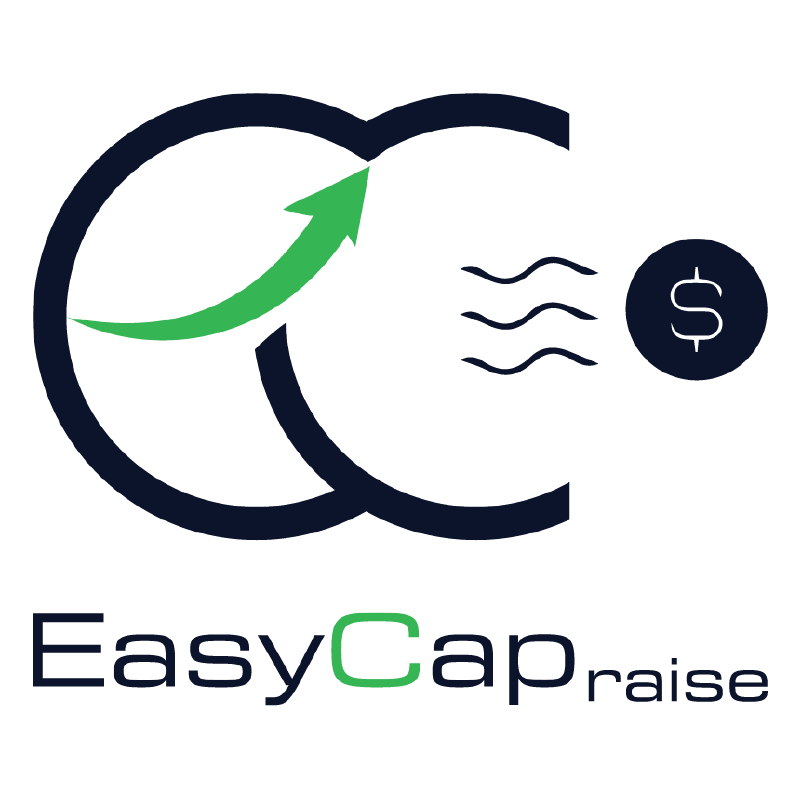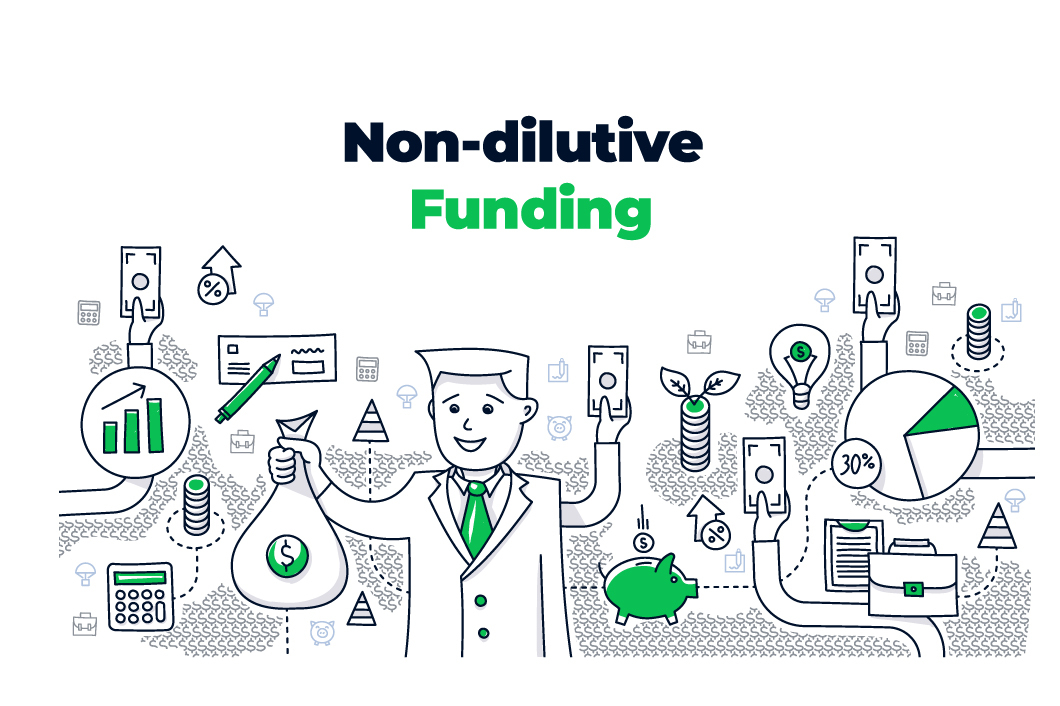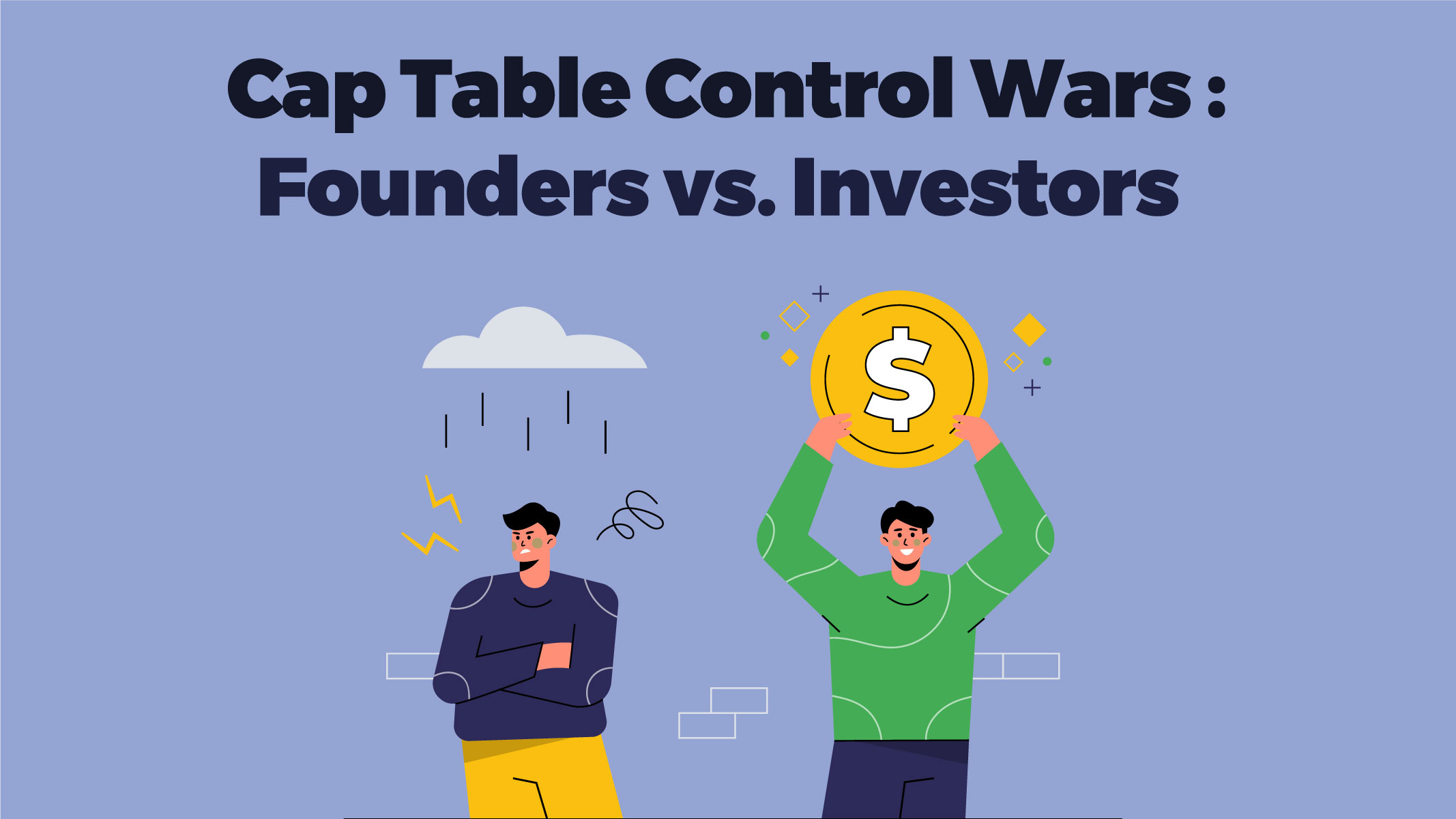Is non-dilutive funding right for your startup?
[read_meter]
Let’s imagine you’ve recently started an e-commerce business. Thanks to some hard work you’ve put in on your brand, sales are picking up nicely. You’re noticing, however, that a direct competitor has advertisements everywhere you look. They’re getting plenty of engagement on social channels and plenty of your potential market share.
You wonder how you can step up to their level. Your cash reserves aren’t sufficient for larger ad spend, and you’re not ready to give up equity or the time required to raise venture capital.
Thankfully you have more options. In this situation, non-dilutive funding might be the best way to increase your ad spend and gain a competitive advantage.
Key takeaways:
- Non-dilutive funding refers to any capital that doesn’t require owners to give up equity or ownership.
- On the other hand, a dilutive fund requires the founders to give up some of their stock.
- Non-dilutive funding is especially attractive for new companies who want to retain full control of their ventures.
What Is Non-Dilutive Funding?
Non-dilutive funding refers to any capital a business owner receives that doesn’t require them to give up equity or ownership. For many, types of non dilutive funding are the prerequisite step to getting their startup, small business or full-fledged operation off the ground.
Non-dilutive Fundraising vs. Dilutive Funding: What’s the Difference?
- To qualify for non-dilutive funding, your company must not force you to give up any of your stock. Founders can preserve full control over their firms, which means they may operate with greater autonomy.
- A revenue-based Fund (RBF), for example, is a kind of non-dilutive fundraising that gives founders immediate cash loans to be paid back as a proportion of sales. In our situation above, RBF would enable an infusion of revenue to be spent on increasing digital advertisements on Facebook, Google, etc.
- On the other hand, a dilutive fund requires the founders to give up some of their stock. To get traditional venture funding, entrepreneurs must carefully consider the kind of investors they want to attract and be prepared to give up control of their firm in the form of both equity and voting rights.

Who Are the Best Candidates for Non-dilutive Funding?
Non-dilutive funding is especially attractive for new companies that want to retain full control of their ventures. It’s also useful for companies that depend heavily on digital marketing spend or who need an instantaneous flow of working capital to achieve sustainable growth.
E-commerce, subscription models and marketplaces frequently fall under these categories. SaaS companies can also benefit from non-dilutive funding with a longer and more predictable payback period from their marketing efforts.
Founders in these sectors can easily take advantage of non-dilutive funding to boost their efforts in digital ad campaigns, which are recurring expense with measurable ROI and short payback.
It’s also worth mentioning that 50% of every euro of equity raised by these types of companies during a traditional VC round goes towards funding Google and Facebook campaigns. This means that companies who spend money in these areas often do so while giving up equity – perhaps unnecessarily.
There are plenty of use cases where non-dilutive funding is superior to other means of financing. These include introducing a new product, expanding into a new market or postponing the next funding round while increasing valuation. It can also be used in tandem with equity funding to reduce the overall amount of dilution.
FAQs
What is dilutive vs non-dilutive funding?
Dilutive funding and non-dilutive funding are two different types of financing options for businesses. Both dilutive and non-dilutive funding have their own advantages and disadvantages, and the choice between the two will depend on the specific needs and goals of the business. Dilutive funding can provide larger amounts of capital and access to resources and expertise from investors, but it also means giving up ownership and control. Non-dilutive funding, on the other hand, does not require giving up ownership or control but may have smaller amounts of funding available and may have more restrictions on how the funds can be used.
What are the benefits of non-dilutive funding?
Non-dilutive funding can provide businesses with a range of benefits, which can help them to grow and achieve their goals without giving up ownership or control. However, it’s important to note that non-dilutive funding may not be suitable for all businesses, particularly those that require large amounts of capital or have complex financing needs.
Conclusion
A dilutive fund requires an entrepreneur to sacrifice a percentage of their ownership to acquire cash. Non dilutive startup funding, on the other hand, does not require giving up ownership or equity in the company. A dilutive fund always necessitates a willingness to give up some influence over the company’s direction and a share of future revenues.
However, non-dilutive funding refers to any money a company owner obtains that doesn’t compel them to give up stock or ownership. For many, acquiring a non-dilutive fund is an essential step to getting their startup, small company, or full-fledged enterprise off the ground.
It’s easy to see why founders are increasingly turning toward non-dilutive funding. With access to instantaneous cash advances, they can focus on sustainable growth while maintaining full ownership of their company.
Contact us
Good to have you here! If you have any queries, please leave your message. Our team will reach out soon:)
.








